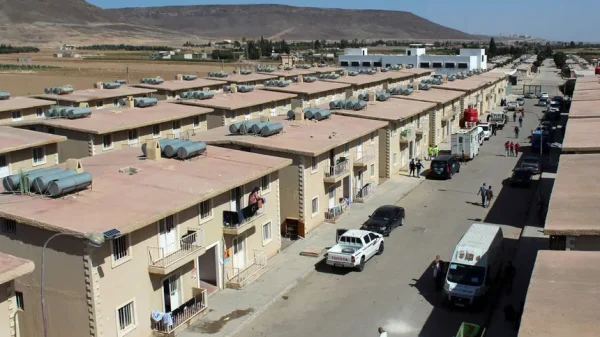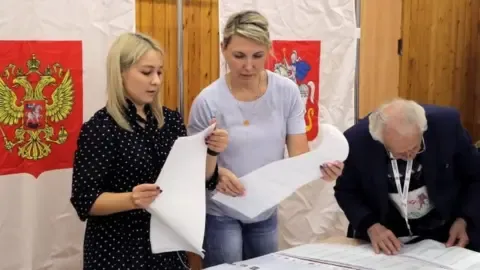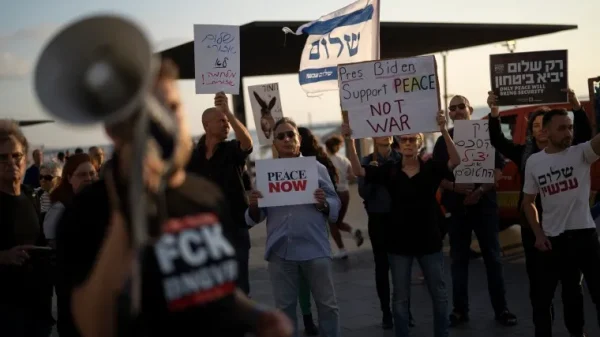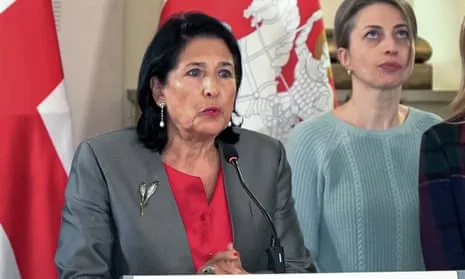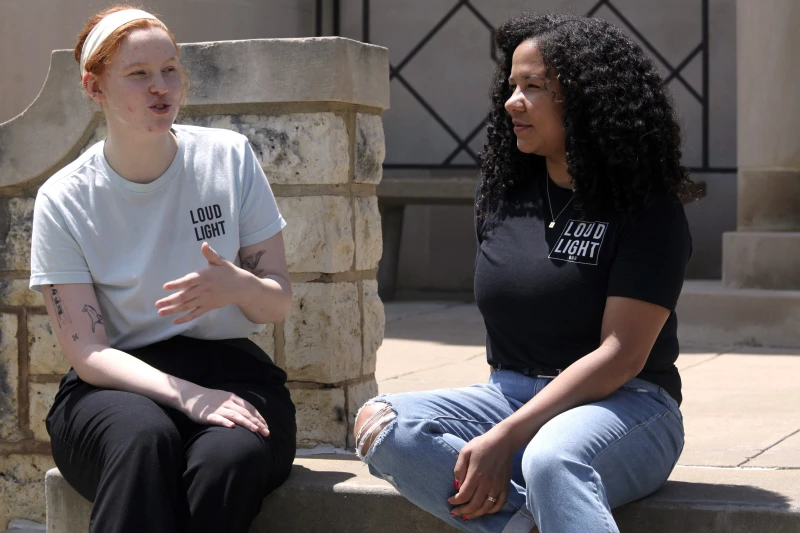During the last presidential election four years ago, the Equal Ground Education Fund hired more than 100 people to visit homes and attend festivals, college events, and other gatherings to help people in Florida register to vote. But this year, things have changed.
A state law passed last year stopped them from registering voters in person, reduced their staff, and cut their funding a lot. Organizers aren’t sure how much they can do in the fall.
Genesis Robinson, the group’s temporary executive director, said the law has had a big effect on their ability to hold events and talk directly with possible voters in communities.
“Before all these changes, we were able to act and get our communities ready and make sure they were registered to vote — and help if they weren’t,” he said.
Florida is one of a few states, including Kansas, Missouri, and Texas, where Republicans have made voting harder since 2021. They have created new laws or made old ones stronger that punish people who help voters. Some groups have had to stop their work, and others have had to change or cut back a lot.
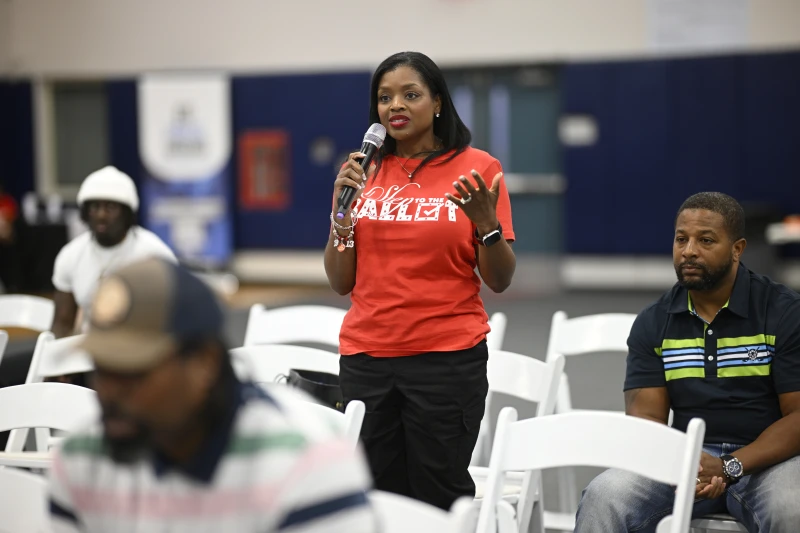
Derby Johnson asks a question of panelists (Via Marco Joseph/Getty Images)
The Florida law, signed by Republican Gov. Ron DeSantis last May, said groups that help people register to vote would have to pay $50,000 if their staff or helpers had been found guilty of a serious crime or were not U.S. citizens.
It also made the fines groups could get bigger, from $1,000 to $250,000, and made the time they have to send in voter registration forms shorter, from 14 days to 10 days.
A judge from the national government stopped parts of the law at the start of the month, like the one that went after people who were guilty of a serious crime or weren’t citizens. But the law had already made it harder for Equal Ground and other groups in Florida before the court said no.
The League of Women Voters in Florida, which was one of the people who said the law was wrong, started to use digital ways to talk to voters instead of in person. Cecile Scoon, the co-leader of the group, said the law took away the close link between its workers and the places they were talking to. Digital tools aren’t easy to use when you are helping people register to vote, she said, and they can be expensive.








